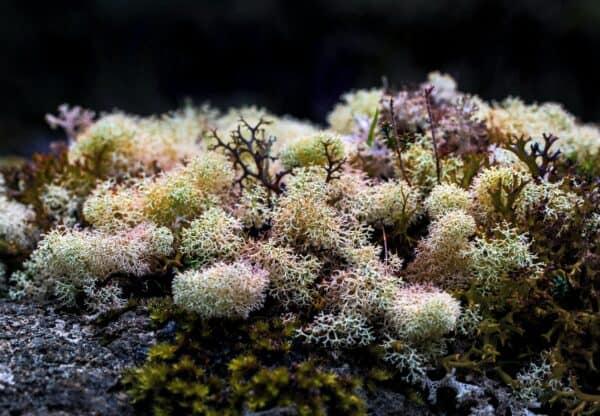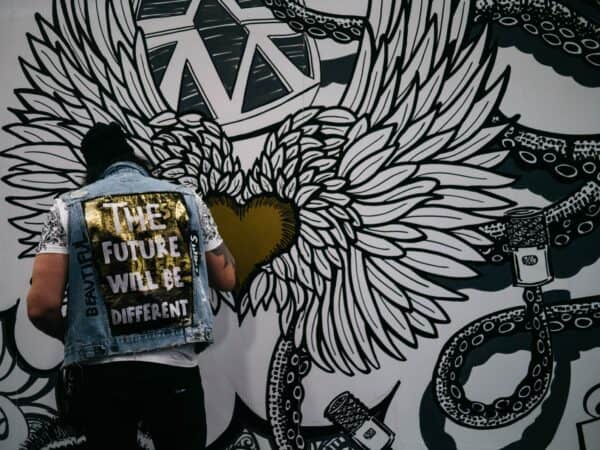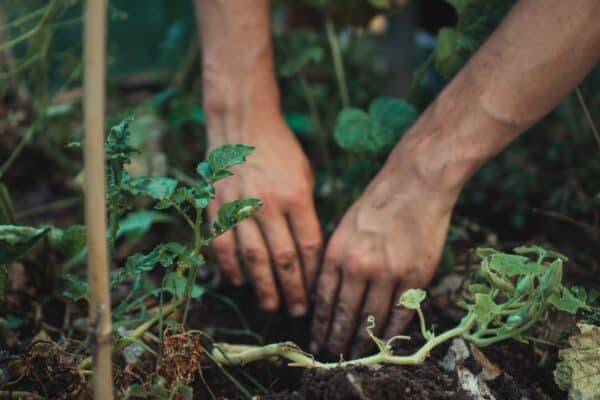All dysfunctional family systems survive because of two key reasons: denial and self-betrayal.
When we deny the reality of our dysfunction, we tend to do so because facing the truth of our system is too painful, too shameful.
But the only way to change the dysfunctional system or to dismantle it, is by facing the truth of it.
Facing the truth of our system requires us to face pain.
It requires us to grieve.
White supremacy is the expression of the narcissistic family system that is our human family.
And built into it is shame.
Shame is what locks us all into this degenerative system. Because sitting with shame – the emotion that tells us that we are unworthy of love and belonging – is one of the most excruciating emotions we can feel.
Facing shame means facing grief.
But white supremacy doesn’t want us to grieve. Because grieving has the capacity to move us through what hurts, crack our hearts open, allow our guard down. Grief will soften our posture. Remove the mask of pretending.
Invite us home – to return to lour bodies. To presence. Love.
In short: Grief re-humanises us. All of us.
It whispers: feel. Feel so you can heal. Feel so we can all heal.
White Supremacy knows that us healing would be the end of its reign. So therefore we have been taught that grieving is dangerous.
Instead of leaning towards each other in our despair and holding each other tight like our ancestors knew, we have been socialised into thinking that pain is a private affair that we best hide.
We silo ourselves and our emotions. And as a result, white supremacy thrives a little more.
Keep us toughened up and in fight or flight or freeze or fawn mode. Ready to defend, ready to prove that there is nothing ‘wrong’. That we are ‘good’.
“Denial is at the heart of racism” says Ibrahim X Kendi.
And that means that confession and grief and compassion must be its antidote.
If you are a changemaker in who carry white privilege, and you understand the responsibility you hold to be able to say to your future ancestors “it ended with me”, you are invited to join the next round of Wish Tree’s Wholeness Immersion to Become a Better Ancestor based on Layla Saad’s transformational process Me & White Supremacy. Here you will come to understand how white supremacy lives in and through us in intricate and invisible ways, so that you and we can dismantle it, one step of unlearning and action at a time.








